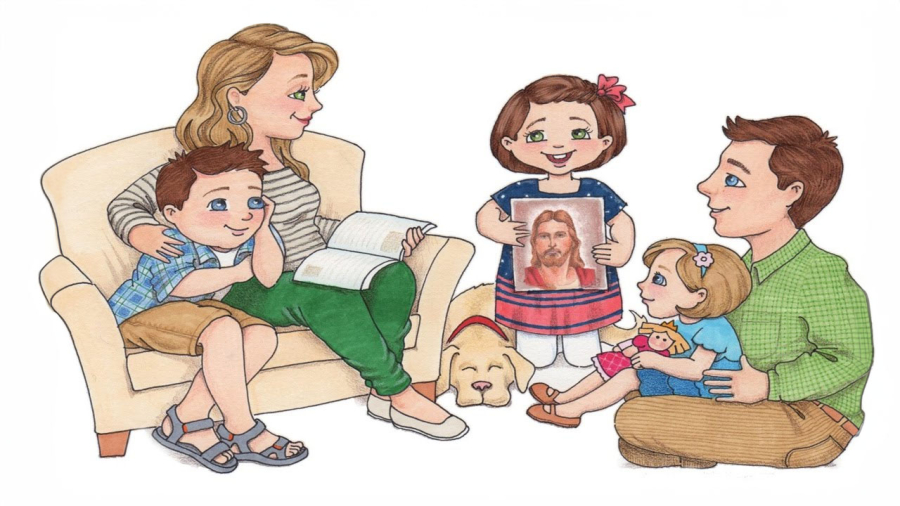When parents love and worry about their children, they often intervene in their affairs because they are afraid that their children will not handle them well, and because they are worried about their own responsibility. However, sometimes parents’ excessive intervention can make children lose their independence. Therefore, there are 3 things that parents should not intervene in, and children will be better able to solve them on their own, which will be a prerequisite for their success in the future.
C

Parents should not intervene in these things to help children develop better
Small things in children’s lives
Some parents manage everything for their children very strictly, which only makes their children feel pain, despair, and gradually rebellious. Therefore, parents should not intervene even in small private matters of their children, such as what clothes their children like to wear, how their children want to arrange the space in their own room… Parents only need to help their children develop good habits in life, and let their children decide on other small matters by themselves. Excessive intervention by parents will backfire.
When parents interfere too much in small matters, it does not help children live healthier lives; instead, it makes children feel suffocated.
Small decisions by children
As children grow up, they need to make decisions for themselves. So parents should not get involved in their children’s small affairs. Let the children make decisions for themselves. Some parents find that their grown-up children are weak and lack independent opinions, which may be due to not being able to make decisions for themselves when they were young.
Therefore, when children are faced with small choices, parents should let the children have the right to make decisions, such as their eating habits, clothes, preferences, etc. Even if you know that your children’s choices may be wrong, if they are not too serious, you should let them take responsibility for their failures, and they will learn valuable lessons and grow up. In work or in relationships, they lack principles and decisiveness. The root cause of these issues lies in their lack of experience in making decisions when they were young.
Although with love, parents sometimes cannot feel at ease, but you need to learn to restrain yourself, otherwise you will destroy your children’s future.
Do not intervene when children make small mistakes
No child grows up without making mistakes. Some parents criticize and scold their children for even small mistakes. They are too sensitive to the small mistakes made by their children, such as misspelling a few words, getting 9 points in math instead of 10… The more dissatisfied you are, the more fearful and inferior your children will become. Children will become increasingly insecure and vulnerable. Therefore, parents need to be tolerant and not take some small mistakes of their children too seriously. Instead of criticizing and interfering, you just need to suggest to your children how to handle and learn from their mistakes. This way, children can continue to grow through their mistakes and become more mature and wise.
In conclusion, parents should learn to “let go” in some situations so that their children can grow up better.
Excessive parental intervention can have negative consequences on a child’s development. It can lead to feelings of suffocation, rebellion, and despair. Children may grow up to be indecisive and weak, lacking the ability to form their own opinions. It is important for parents to find a balance between providing guidance and allowing their children to make their own choices.
Parents should refrain from criticizing or scolding their children for minor mistakes. Instead, they should offer guidance and suggestions on how to handle and learn from these errors. By doing so, children can grow from their mistakes and develop maturity and wisdom. Overreacting to small mistakes can make children fearful and insecure, hindering their growth.
Learning Tips for Parents: 12 Japanese Techniques to Use with Your Children
Discover the 12 principles of teaching children in the traditional Japanese way that parents can learn with Dien May XANH! By instilling these principles when your children are young, you can ensure that they grow up to be obedient, smart and polite, the hallmarks of a successful education in Japan.





































